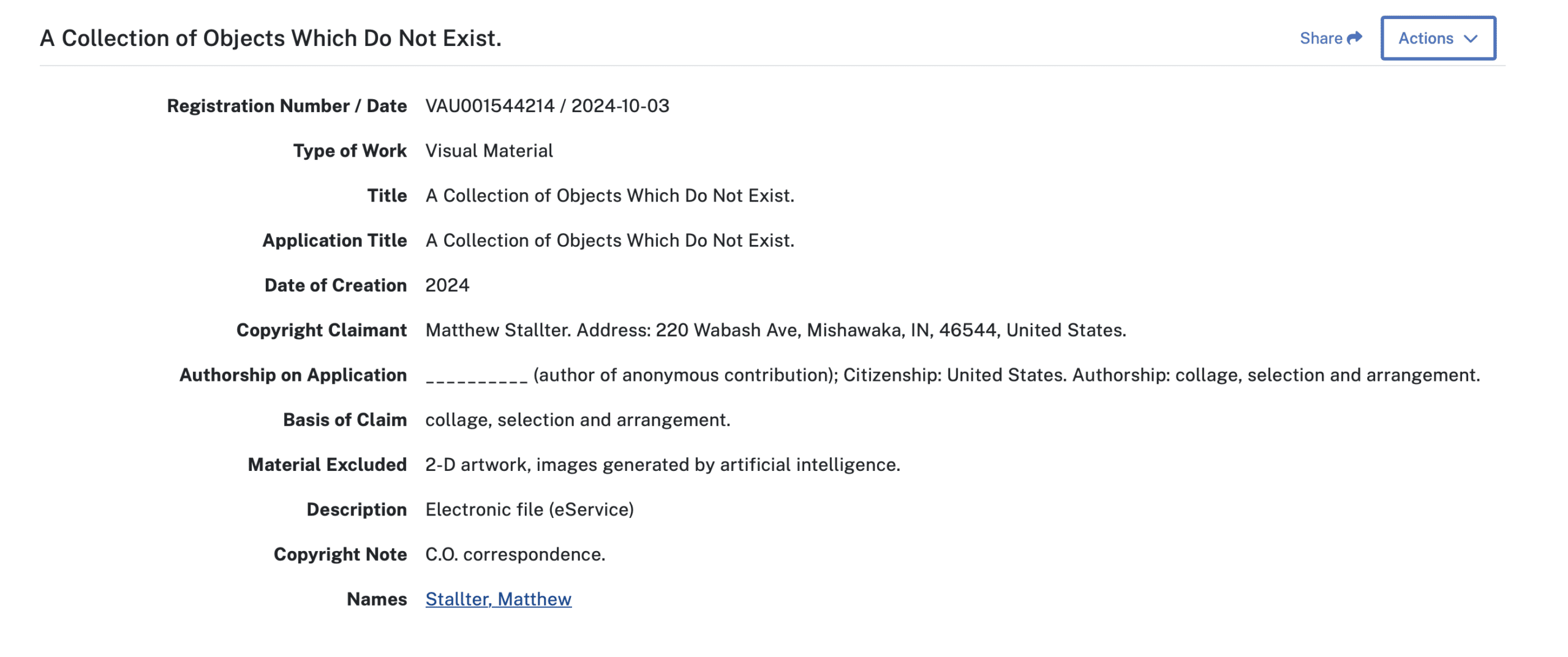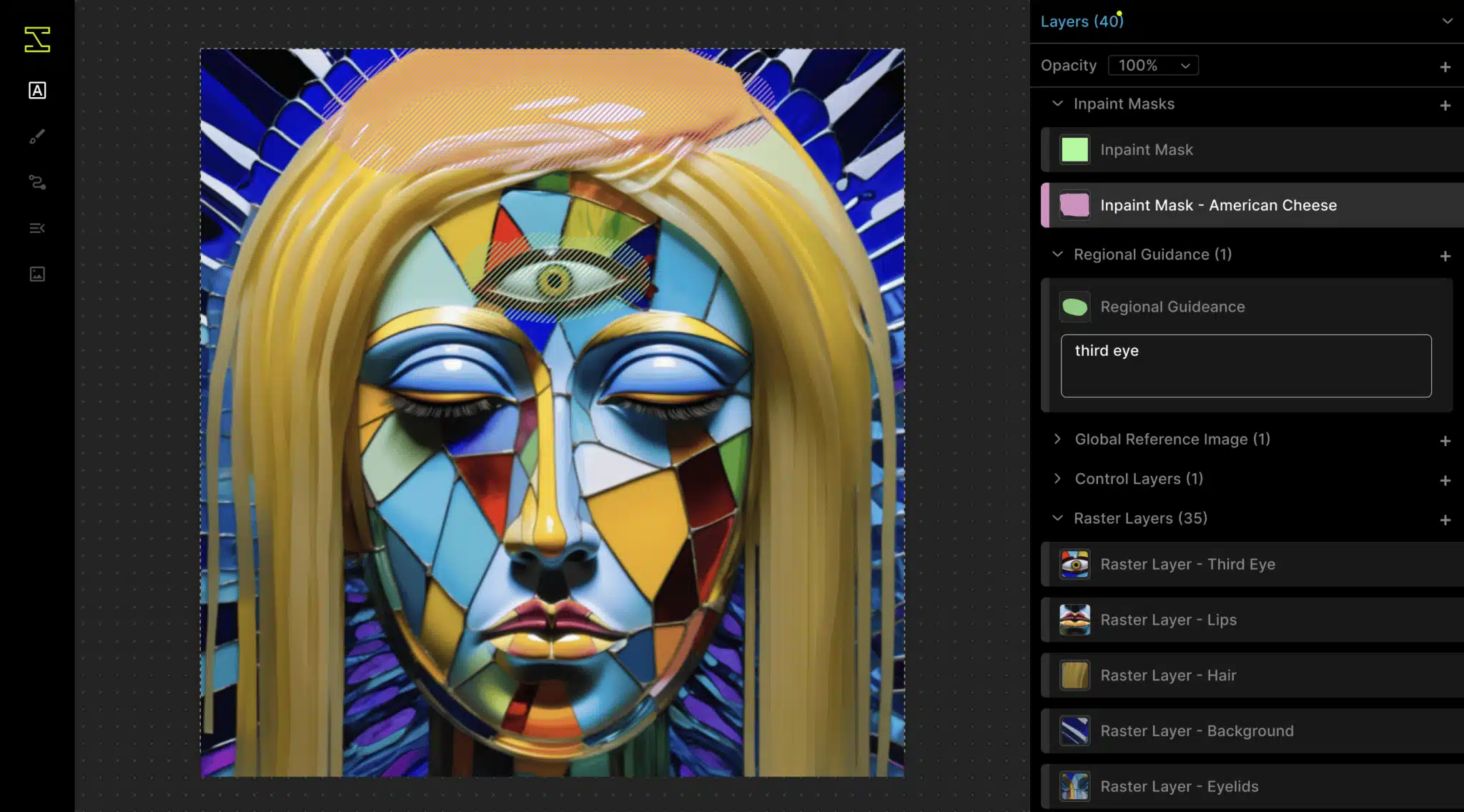Fashion companies are facing increasing state and federal scrutiny over their environmental impact. Multiple states have introduced legislation requiring large apparel brands to disclose emissions, reduce pollution, and/or manage textile waste, with the most recent coming out of California. Here’s a quick snapshot of some of the bills pending at the state level. (For our full fashion/apparel legislation tracker, you can find that right here.)
> Introduced Feb. 4, 2025
> The bill (AB 405) would apply to “Fashion sellers” in California, with a “Fashion seller” being defines as “a business entity that does business in the state involving the sale of fashion goods in excess of $100 million in annual gross receipts.” (“Fashion seller” does NOT include fashion sellers that sell used fashion goods and does not include multi-brand retailers, unless the total annual gross receipts of all of the private labels under the retailer exceeds $100 million.”)
> AB405 mandates the disclosure of emissions, water usage, and chemical waste but does not explicitly require emissions reductions. Starting in 2026, fashion entities would be required to publicly disclose, and annually thereafter, their scope 1 and scope 2 greenhouse gas emissions, and their scope 3 greenhouse gas emissions in 2027.
> Non-compliant companies could face fines up to 2% of annual revenues
> Signed by Gov. Newsom on Sept. 28, 2024
> The law requires qualified producers of apparel or textile articles to form and join a producer responsibility organization (“PRO”), approved by California’s Department of Resources Recycling and Recovery by July 1, 2026. The approved PRO will need to submit a plan for collection, repair, reuse and recycling of such clothing and textiles to the Department for review.
> Upon approval of a plan or by July 1, 2030, whichever occurs first, non-compliant producers of covered products shall be subject to penalties up to $50,000 per day for intentional or willful violation of the Act.
> Reintroduced Jan. 13, 2025
> In accordance with the bill (HB 1107), apparel/textile producers would be required to disclose various environmental impacts of their products, including the use of high-priority chemicals and sustainability-related marketing terms starting on January 1, 2027. Additionally, producers with a gross income exceeding $100 million would be required to provide detailed information on their environmental due diligence policies and working conditions.
> Reintroduced Jan. 17, 2025
> The bill (Bill 4220) would require major fashion companies (i.e., selling in excess of $100 million in global revenues) to map tiers 1-4 of their supply chains tiers 1-4 of production and disclose all suppliers across the four tiers, and create and submit a due diligence report to the attorney general within 24 months of the effective date.
>> New York: Fashion Sustainability and Social Accountability Act – The bill (S4746B) has been stalled since June 2024 after failing to make it to the New York Assembly in time for a vote.
While fashion industry may be thoroughly inundated with collaborations by now, some still stand out – and garner consumer interest. A recent study by retail company Public Desire the top ten most sought-after limited-edition collabs by analyzing factors, such as original price, resale value, price growth, accessibility, and public interest. A composite score was then calculated, and collaborations were ranked in descending order, reflecting their performance across the evaluated criteria. Here’s the top-line look …

This week, the U.S. Copyright Office agreed to register another work that makes use of AI-generated design: A visual collage consisting of elements that were AI-generated, titled, “A Collection of Objects Which Do Not Exist.” The registration is worth noting, as it is just the second time that the Copyright Office has registered an AI-generated artwork. The first time was on January 30 when the USCO issued a registration for a 2-D artwork, called, “A Single Piece of American Cheese.” This work was also registered based on a creative “selection, coordination, or arrangement” of AI-generated elements.

The registration for Invoke AI and its CEO Kent Keirsey (who were represented by Cooley’s Judd Lautner) follows from a back-and-forth with the Copyright Office, which initially rejected the application that Invoke AI and Keirsey submitted in August 2024 on the basis that the work “lack[ed] the human authorship necessary to support a copyright claim.”
Invoke responded to the initial refusal “with more evidence, including a timelapse video of the image’s creation and an explanation of how Keirsey was involved in the creation process,” according to CNET, which noted that the USCO determined that the work “contains a sufficient amount of human original authorship in the selection, arrangement, and coordination of the AI-generated material that may be regarded as copyrightable.”
